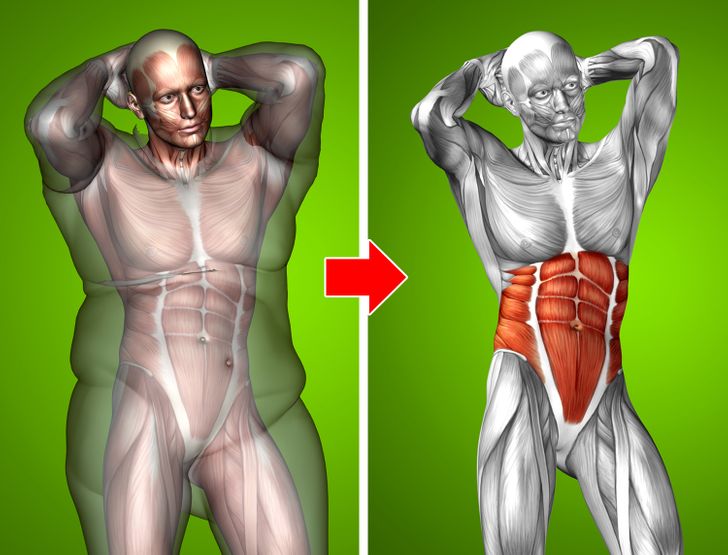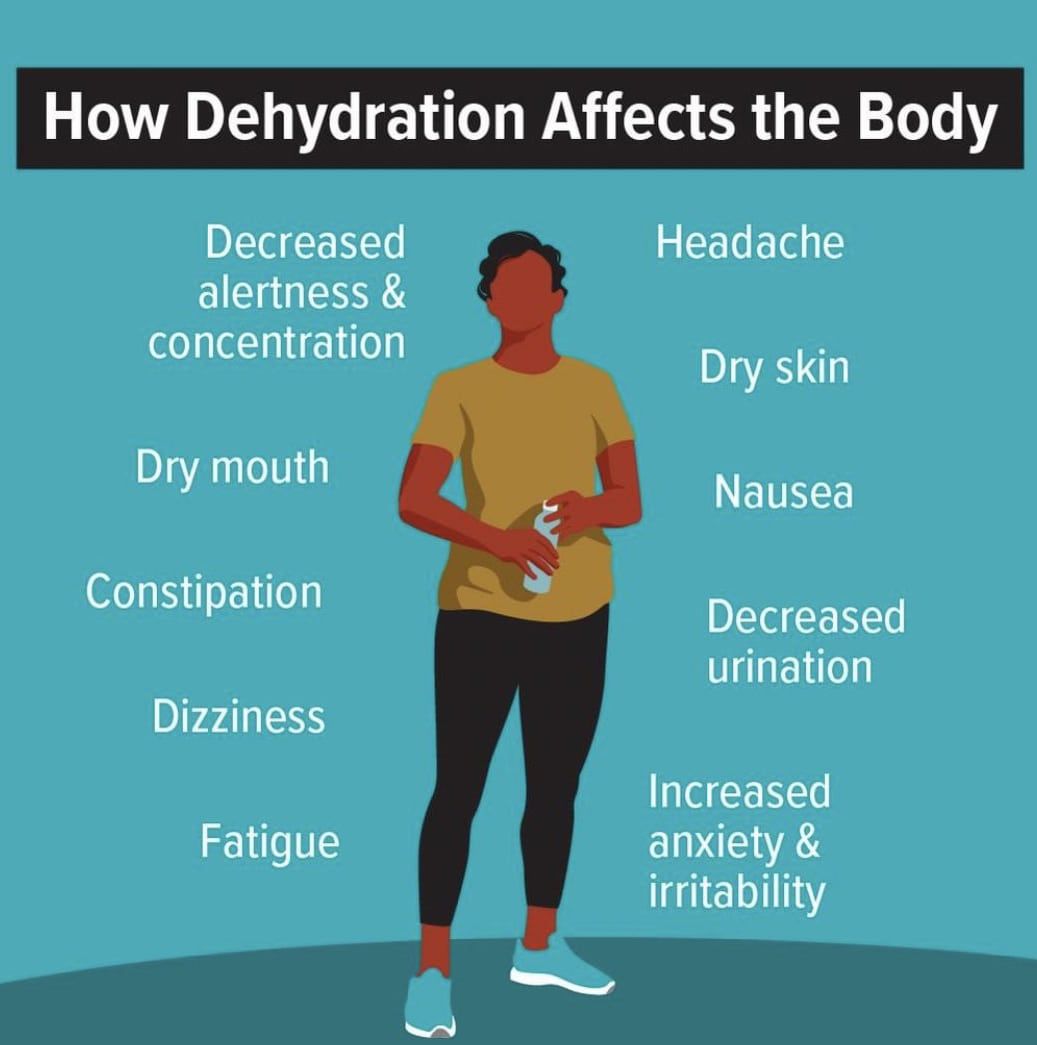In today’s competitive world of health and fitness, optimizing your body’s natural fat-burning processes is more important than ever. Fat-burning hormones play a crucial role in regulating metabolism, energy utilization, and appetite control. By understanding and naturally enhancing these hormones, you can accelerate weight loss, boost energy levels, and improve overall health. In this in-depth guide, we will explore five effective strategies to trigger and increase your fat-burning hormones, backed by scientific insights and expert recommendations.
Whether you’re looking to lose those stubborn pounds or simply enhance your overall health, read on to discover how you can harness the power of your hormones for optimal results.
Fat Burning Hormones
The Hunger Hormone: Understanding Ghrelin’s Role in Appetite Stimulation

Ghrelin, often referred to as the “hunger hormone,” is produced primarily in the stomach and signals your brain when it’s time to eat. Elevated levels of ghrelin increase appetite and can lead to overeating, making it a key player in weight management challenges.
How Ghrelin Works
Ghrelin levels typically rise before meals and fall after eating. This hormone not only stimulates hunger but also influences how your body stores fat. High ghrelin levels are linked to increased fat storage, while lower levels can help curb unnecessary snacking.
Strategies to Manage Ghrelin
- Regular Meal Timing: Eating at consistent intervals can help regulate ghrelin production. Avoiding long periods of fasting (unless using structured intermittent fasting protocols) ensures that ghrelin levels remain balanced.
- Protein-Rich Diet: Consuming lean proteins can suppress ghrelin levels. Research indicates that high-protein meals are more satiating, reducing the overall calorie intake throughout the day.
- Quality Sleep: Lack of sleep increases ghrelin production. Ensuring 7-9 hours of quality sleep each night can naturally regulate this hormone.
- Stress Management: Chronic stress may elevate ghrelin levels. Incorporating mindfulness practices, meditation, or yoga can help mitigate this effect.
For more detailed information on how ghrelin influences appetite, consider reading resources available on Healthline.
The Satiety Signal: How Leptin Helps You Eat Less and Stay Fuller Longer

Leptin is known as the “satiety hormone” because it signals to your brain that you’ve had enough to eat. Produced by fat cells, leptin plays a pivotal role in regulating energy balance by inhibiting hunger. However, many people suffer from leptin resistance, where the brain doesn’t respond properly to leptin signals, leading to overeating.
How Leptin Functions
When functioning optimally, leptin reduces appetite by communicating with the hypothalamus in the brain. This hormone also helps regulate metabolic rate and energy expenditure. In cases of leptin resistance, even when leptin levels are high, the brain fails to recognize the signal, which can lead to weight gain.
Ways to Enhance Leptin Sensitivity
- Balanced Diet: Emphasize whole foods, including fruits, vegetables, and healthy fats, while minimizing processed foods and sugars. Diets high in refined carbohydrates can contribute to leptin resistance.
- Regular Exercise: Physical activity improves leptin sensitivity. Aerobic exercises and strength training have both been shown to help regulate leptin levels.
- Omega-3 Fatty Acids: Consuming foods rich in omega-3s, such as fish, walnuts, and flaxseeds, can enhance leptin signaling and reduce inflammation.
- Adequate Sleep: Similar to ghrelin, sleep plays a critical role in hormone regulation. A consistent sleep schedule supports proper leptin function.
For additional insights into leptin and its role in weight management, check out the detailed article on Mayo Clinic’s website.
Insulin Management: The Hormone That Controls Sugar Absorption and Fat Storage
Insulin is a crucial hormone responsible for regulating blood sugar levels and facilitating the absorption of glucose into cells. However, its role extends far beyond just managing blood sugar—it also significantly influences fat storage and utilization.
The Dual Role of Insulin
After you eat, insulin helps shuttle glucose from the bloodstream into your cells, where it can be used for energy. When insulin levels are consistently high, however, the body is more likely to store fat rather than burn it. This is why managing insulin levels is essential for those aiming for fat loss.

Tips to Optimize Insulin Levels
- Low Glycemic Index Foods: Focus on foods that have a low glycemic index to prevent rapid spikes in blood sugar and insulin levels. Whole grains, legumes, and non-starchy vegetables are excellent choices.
- Intermittent Fasting: This eating pattern can improve insulin sensitivity and reduce overall insulin levels, promoting fat loss.
- Regular Physical Activity: Exercise enhances insulin sensitivity by enabling muscles to absorb glucose more effectively. Both aerobic and resistance training are beneficial.
- Avoid Excess Sugar: Reducing the intake of sugary beverages and snacks is critical to prevent chronic insulin spikes.
For further reading on insulin’s role in metabolism and weight loss, visit WebMD’s comprehensive guide on insulin.
Epinephrine: Activating Your Body’s Fat Burning Mode Through the Stress Response

Epinephrine, commonly known as adrenaline, is a hormone released during times of stress or physical exertion. It plays a vital role in triggering the “fight or flight” response, which includes stimulating the breakdown of fat for energy.
The Science Behind Epinephrine and Fat Burning
When epinephrine is released, it signals your fat cells to break down stored fat into free fatty acids, which can then be used as a quick source of energy. This process, known as lipolysis, is essential for efficient fat burning, especially during high-intensity workouts.

Methods to Naturally Boost Epinephrine
- High-Intensity Interval Training (HIIT): Short bursts of intense exercise can stimulate epinephrine release, enhancing fat burning and metabolic rate.
- Cold Exposure: Brief exposure to cold environments (such as cold showers or ice baths) can stimulate the release of adrenaline and promote fat metabolism.
- Mindful Stress: While chronic stress is harmful, controlled stressors like intense exercise or engaging in challenging activities can trigger a beneficial epinephrine response.
- Caffeine Intake: Moderate consumption of caffeine has been shown to increase epinephrine levels, providing a temporary boost in metabolism and energy.
For a deeper understanding of how adrenaline aids in fat metabolism, refer to studies discussed on Harvard Health Publishing.
Growth Hormone: How It Drives Fat Utilization for Energy and Muscle Growth
Growth hormone (GH) is a key hormone involved in tissue growth, repair, and metabolism. It plays an essential role in mobilizing fat stores, allowing the body to use fat as an energy source while supporting muscle growth and recovery.

The Role of Growth Hormone in Fat Metabolism
GH stimulates lipolysis, the process of breaking down fat cells, and promotes the utilization of these fatty acids for energy. It also supports muscle repair and regeneration, making it a critical hormone for both fat loss and muscle gain. Factors such as sleep, exercise, and nutrition significantly impact GH levels.
How to Enhance Growth Hormone Naturally
- Quality Sleep: The majority of growth hormone is released during deep sleep. Prioritizing 7-9 hours of uninterrupted sleep each night is essential for optimal GH production.
- High-Intensity Exercise: Engaging in vigorous exercise, especially resistance training, can naturally boost GH levels.
- Intermittent Fasting: Fasting has been linked to increased GH secretion, which can help with fat loss and muscle maintenance.
- Healthy Nutrition: A balanced diet rich in amino acids, particularly arginine, supports the production of growth hormone. Avoiding excessive sugar intake is also crucial, as high insulin levels can inhibit GH release.
For more detailed insights into the benefits of growth hormone for weight loss and muscle building, explore resources available on National Institutes of Health (NIH).
Integrating Fat Burning Hormone Optimization into Your Lifestyle
Understanding these five key hormones—ghrelin, leptin, insulin, epinephrine, and growth hormone—is only the first step. Integrating strategies to naturally enhance these hormones into your daily routine can lead to significant improvements in weight management and overall health.
Combining Diet and Exercise
One of the most effective ways to optimize fat burning hormones is by combining a nutrient-dense diet with regular exercise. A balanced diet that includes lean proteins, healthy fats, and low-glycemic carbohydrates supports hormonal balance, while both aerobic and resistance training enhance hormone sensitivity and overall metabolic function.
The Role of Supplements
In some cases, supplements can support your hormonal balance. For example, omega-3 fatty acids, vitamin D, and certain amino acids have been shown to improve insulin sensitivity and promote growth hormone release. However, it is important to consult with a healthcare provider before adding any new supplements to your routine. Reliable sources such as Examine.com provide evidence-based insights on supplement efficacy and dosing.
Lifestyle Adjustments for Long-Term Success
Beyond diet and exercise, managing stress, getting quality sleep, and practicing mindfulness are all essential components of hormone optimization. Chronic stress and sleep deprivation can disrupt the delicate balance of these hormones, leading to increased fat storage and decreased metabolic efficiency. Implementing stress-reduction techniques, such as meditation or deep breathing exercises, and maintaining a consistent sleep schedule can have a profound impact on your overall success.
Conclusion: Unlocking Your Body’s Fat Burning Potential
Boosting your fat burning hormones is a natural, science-backed way to achieve sustainable weight loss and improved metabolic health. By understanding the roles of ghrelin, leptin, insulin, epinephrine, and growth hormone, you can tailor your lifestyle, diet, and exercise regimen to trigger these critical hormones effectively.
Remember, consistency is key. Whether you’re adjusting your meal timing, incorporating high-intensity workouts, or improving your sleep hygiene, each small change can contribute to a significant transformation in your body’s fat burning capabilities.
This comprehensive approach not only maximizes your weight loss potential but also enhances energy levels, supports muscle growth, and improves overall well-being. By leveraging actionable strategies and staying informed with the latest research from trusted sources like Healthline, Mayo Clinic, and Harvard Health Publishing, you can confidently embark on your journey towards better health and a more vibrant life.
Integrate these tips into your daily routine, and witness the powerful synergy of hormone optimization in unlocking your body’s full fat burning potential. Embrace the science, stay motivated, and transform your health one hormone at a time.









